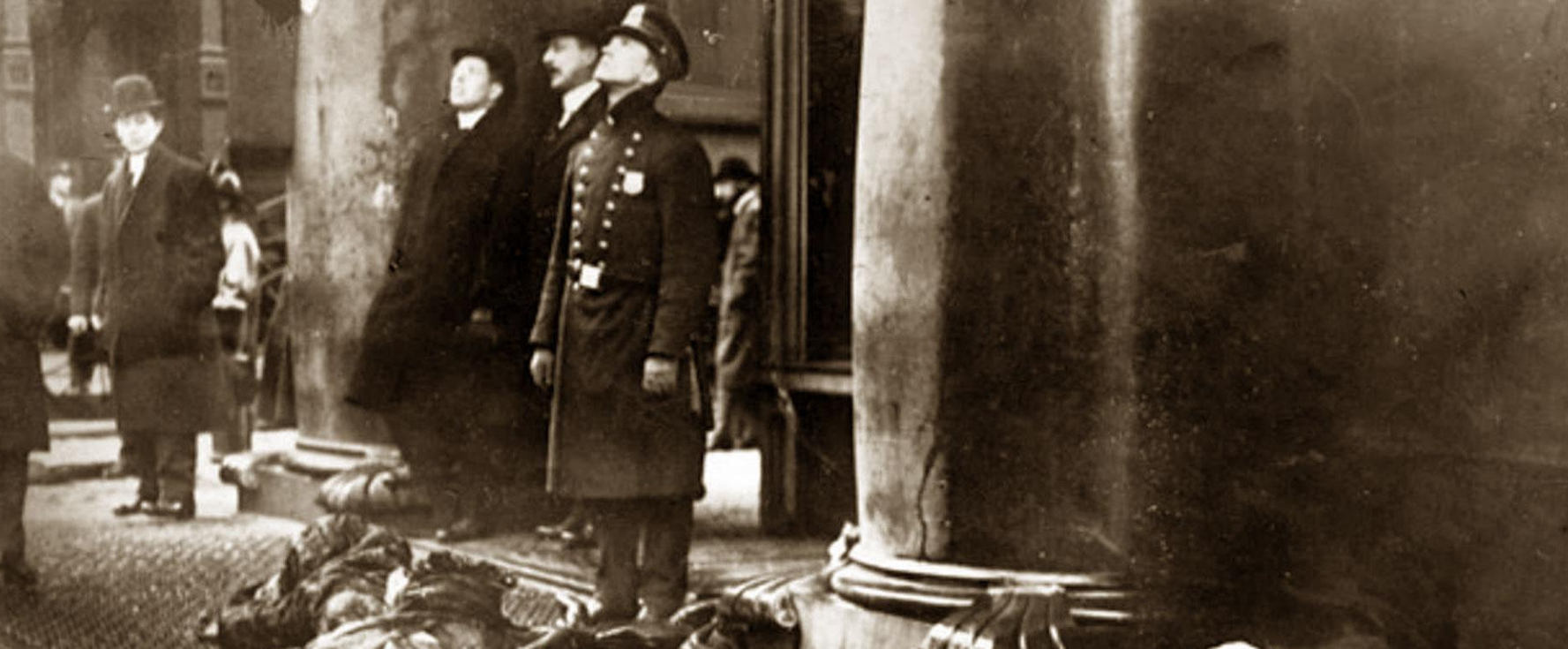A call from an old friend reminded me that today is the 111th anniversary of the Triangle Shirtwaist Fire. On March 25, 1911, 146 people, including 123 women, burned or jumped to their deaths from the upper floors of the Triangle Shirtwaist building when a fire broke out. Terrified workers found locked emergency exits.
I was thinking of the lessons of Triangle and ran across a post I wrote 18 years ago in a previous iteration of this blog. It reminded me of some still-relevant lessons to be learned by the tragedy and its aftermath.
I often remind people that in order to make progress in this country, especially with workplace safety and health, we can’t let a good disaster go to waste. While that sounds crass, disasters, unfortunately, are often the only events that have the potential to bring about real change.
But that change isn’t automatic. Change, even after a disaster has opened the minds of Americans, needs fast, strong action and organizing to make it possible.
Triangle Shirtwaist Fire: Still Lessons to Be Learned
Monday, October 06, 2003 — There was a good review last week in the NY times of a new history of the Triangle Shirtwaist Fire of 1911:Triangle: The Fire That Changed America by David Von Drehle.
The reviewer, Mike Wallace, distinguished professor of history at John Jay College of Criminal Justice and director of the Gotham Center for New York City History at the City University of New York Graduate Center, thinks this is the best history written so far about the fire, but he also has an important message. He criticizes Von Drehle and popular history and myth for implying that the fire and subsequent investigation lead almost automatically to important permanent reforms of “the New Deal, women’s rights, labor empowerment and urban liberalism, first in New York, then across the country.”
But such triumphalism, while inspiring, overlooks the fact that history can run backward, and that gains won can be lost again — and have been, repeatedly. Many of the initial post-Triangle reforms were strenuously opposed by conservative businessmen. Unable at first to prevail amid mass indignation at the fire and shocking revelations about working conditions in the city and state, they were soon back in the saddle and able to halt, hamstring or reverse liberal initiatives.
The Depression galvanized progressives again, and the New Deal expanded the terrain of social democracy, but by the late 1930’s, opponents had regained the initiative and dismantled many of its signature programs. In the 1960’s and 70’s reformers won health and safety and pollution regulations; today’s free marketeers are whittling these away. And sweatshops that exploit vulnerable and unorganized immigrant workers are again alive and malignantly well in New York City.
Mr. Von Drehle’s fine history is a welcome reminder of the realities of life in a laissez-faire jungle, and of the Triangle fire’s importance in spurring the movement that helped tame it. But resting on our ancestors’ laurels won’t prevent a return to the conditions he deplores; only constant pressure from informed citizens and an organized work force can accomplish that.
It’s nice to see a reviewer/historian who realizes that historical progress doesn’t just happen unless people make it happen.
Buy it here.
My memory of Von Drehle’s book (I read it 18 years ago when it first came out), is that he does spend considerable time recounting the political battles — often difficult and losing battles — that had to be fought for years after the fire. But the message is still clear: Change is not inevitable. It only happens with “constant pressure from informed citizens and an organized work force.”
